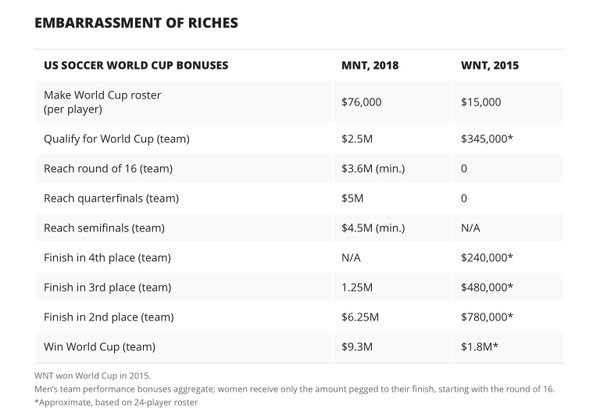My Dad retired this past year. I’m already ‘leveraging’ him for some time. He has so much of it now! It’s like he won the time lotto and he’s throwing it around because he’s got so much of it. “Hey Dad, can I borrow a couple of hours!? It’s a busy week! I need you to pick up the kids!”
I read this article, The Huge Retirement Benefit You Probably Aren’t Expecting recently:
America is reaching a tipping point. Adults in the busiest phase of life, juggling kids and careers, number about 40 million, which is roughly equal to those near and in retirement, who typically have time on their hands. But the number of adults pressed for time is projected to grow slowly, reaching 49 million by 2050. By contrast, the number of retirees with plenty of free time will explode to 88 million, as more and more boomers retire.
When you add it all up, retirees will have 2.5 trillion hours of leisure time to fill over the next 20 years. This free time will redefine their habits and priorities—even their identities. And yet almost no one is planning for this sweeping change, according to a report from Bank of America Merrill Lynch and Age Wave.
Time is going to be the new currency of future generations. It’s like lake front property, there’s only so much. Unless you live in Dubai and have billions, then I guess you can make new lake front property!
The crazy thing is, organizations aren’t really putting that much effort into figuring this whole thing out. We’re treating it like we’ve treated retirement for decades. “Well, Bill’s retiring, let’s throw him a party, buy him a walker with a horn, and give his work to the new kid.” We aren’t thinking in a new context of what do these ‘new’ folks who are retiring really want?
What I’ve learned from Dad is we in HR are missing some things. Here are some ideas of Retirement Benefits you could offer, but you haven’t even begun to think in this new way of time:
1. Part-time, flexible Mentorships – Some people can’t wait to stop working for your organization. Many feel they’re being ‘nicely’ pushed out, or society makes them feel like ‘it’s time’ to leave. The reality, so many of your retiring employees would love to keep in touch. Help out the new kids. Lead mentor groups on how to deal with customer issues, leadership dilemmas, customer/client feedback, etc. And most would do it for free! They would volunteer their time!
2. Corporate Community Volunteer Programs – Remember, these super valuable, experienced, loyal former employees who love your brand, have a couple trillion (with a T) hours on their hands! Can you imagine how much good will you could leverage in the community if you activated your retirees as volunteers with some direction and leadership!? It could transform your corporate presence within the markets you serve. BTW – hospitals do a great job at this! There is no reason you shouldn’t be able to do this in your organization as well.
3. C-Suite Bullship Detectors – Your executives don’t always know what’s really going on because they have a bunch of VPs kissing their ass telling them what they think they want to hear. Retirees are a great mechanism to tell your executives what is actually going on, versus what they’re being told. They’re like highly paid consultants, without the highly paid part! We all need someone without a vested interest to tell us like it is, even when it stings a little. Your retirees would love to do this. Works really well for newer retirees who are still close to the business. Not so well once they get a ways out. You will be shocked at the bond your executives will build with these folks!
Something to think about. How are your new retirement benefits helping your former employees spend and invest their most precious commodity? Time.

